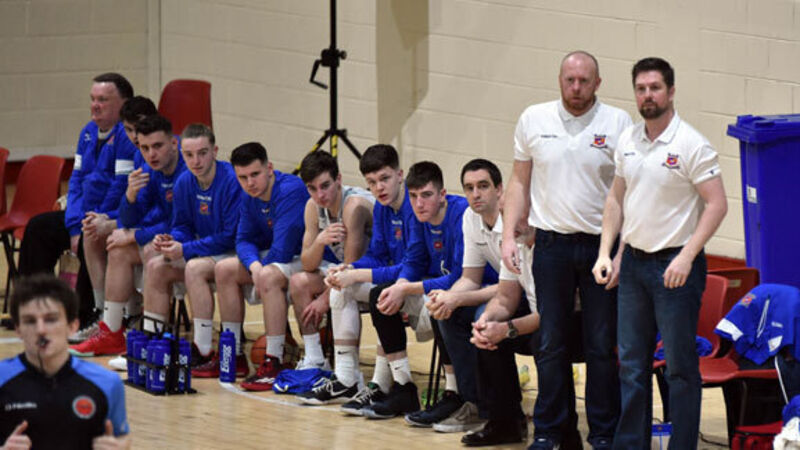Neptune build a new golden generation for basketball

Is the question unfair?
Perhaps, but the person posing it isn’t the one who’s going to suffer, so the query stands.
Try from €1.50 / week
SUBSCRIBEIs the question unfair?
Perhaps, but the person posing it isn’t the one who’s going to suffer, so the query stands.
Already a subscriber? Sign in
You have reached your article limit.
Annual €130 €80
Best value
Monthly €12€6 / month
Introductory offers for new customers. Annual billed once for first year. Renews at €130. Monthly initial discount (first 3 months) billed monthly, then €12 a month. Ts&Cs apply.
Newsletter
Latest news from the world of sport, along with the best in opinion from our outstanding team of sports writers. and reporters
Newsletter
Latest news from the world of sport, along with the best in opinion from our outstanding team of sports writers. and reporters
Tuesday, February 10, 2026 - 9:00 PM
Tuesday, February 10, 2026 - 12:00 PM
Tuesday, February 10, 2026 - 8:00 PM
© Examiner Echo Group Limited